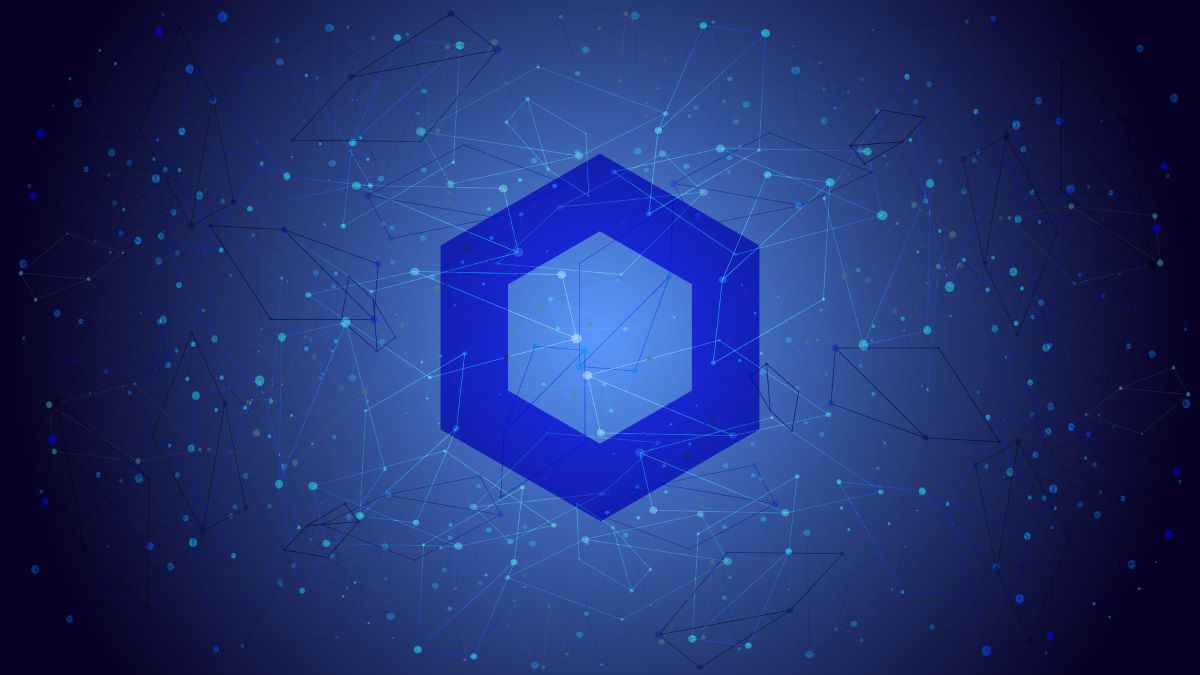- Chainlink’s CCIP enhances blockchain interoperability, allowing secure asset transfers and communication across multiple networks.
- Chainlink leads the oracle sector, connecting blockchains to external data and supporting DeFi applications worldwide.
Chainlink has recently received a lot of attention in the cryptocurrency world, thanks to its strong infrastructure, increased whale activity, and game-changing technologies like the Cross-Chain Interoperability Protocol (CCIP).
An analysis published on the Altcoin Buzz YouTube channel claims that Chainlink not only leads the blockchain oracle industry but also might be a rival project to overcome initiatives like Cardano and Polygon in the altcoin market by 2025.
Chainlink’s remarkable price action clearly shows a comeback of interest in it. LINK tokens jumped over 120% over the past 30 days, with a single-day increase of 20% driven by a noteworthy acquisition from World Liberty Finance (WLFI), a decentralized finance (DeFi) project backed by leaders including Donald Trump and Justin Sun.
Along with other major crypto acquisitions, as we previously noted, WLFI’s acquisition of 41,335 LINK tokens for $1 million signaled a turning point and drew more crypto whale interest.
Chainlink: Bridging Blockchains and Real-World Data
Essential in the crypto ecosystem, Chainlink serves as a blockchain oracle first and foremost. Oracles help to enable decentralized applications to run efficiently by facilitating communication between blockchains and outside data sources.
With a market capital 11X that of its nearest rival, Pyth, Chainlink rules this sector. From financial data to weather updates, the platform offers a vast range of real-time data to guarantee that DeFi projects and other blockchain-based apps receive consistent outside information.
As the Altcoin Buzz piece notes, Chainlink’s ecosystem goes beyond uses unique to cryptocurrency. Using Chainlink’s tools are major worldwide players including Microsoft, the Central Bank of Brazil, and SWIFT. This general acceptance emphasizes its vital importance in connecting decentralized finance with traditional finance (TradFi).
CCIP: Revolutionizing Blockchain Interoperability
The CCIP, which allows flawless communication and asset transfers between several blockchains, is among Chainlink’s most important developments. Support of hybrid smart contracts combining on-chain and off-chain data would help CCIP transform blockchain interoperability.
Currently present on nine blockchains and connected with more than 2,100 tokens, CCIP keeps growing in scope, therefore confirming Chainlink’s key role as the backbone of decentralized systems.
Further improves CCIP’s capacity is the alliance with Open Mesh, which provides decentralized nodes and storage. Along with improving security, this cooperation removes dependence on centralized cloud providers, therefore opening the path for a more decentralized and scalable future.
A Competitive Edge Over Cardano and Polygon
Chainlink offers special benefits even if Cardano and Polygon present fierce rivalry. Cardano thrives in scalability and DeFi applications via its zero-knowledge proofs; Polygon shines in privacy-oriented Midnight protocol and interaction with ecosystems like Bitcoin.
But Chainlink’s wide ecosystem alliances and interoperability-driven CCIP make it a top rival in the infrastructure market.
Chainlink is fundamental in DeFi unlike its rivals since most projects depend on its oracles for outside data. This dependability guarantees its ongoing supremacy in a field expected to expand dramatically.
Industry analysts project different LINK’s pricing going forward. While others see a modest increase to $90–95, others—like crypto analyst Crypto God John—predict LINK exceeding $100 in the next year. Notwithstanding these forecasts, Chainlink’s growing use cases, regular whale activity, and strategic developments point it as a top-tier altcoin with the ability to surpass its competitors.
Meanwhile, as of writing, LINK is swapped hands at about $29.53, up 2.60% over the last 24 hours and 17.74% over the last 7 days.




















